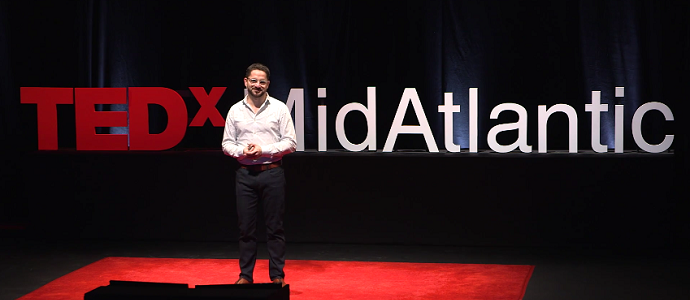
PLANNING FOR THE “LONGPATH,” ACCORDING TO ARI WALLACH
With our attention spans getting shorter and our global, civilization-scale problems growing larger, it’s time we started thinking about the future. In a TED Talk from October 2016, strategic consultant Ari Wallach offered three ways people can develop long-term plans – thinking ten or 20 years out, instead of just six months or only a few weeks.
“Short-termism, for many reasons, has pervaded every nook and cranny of our reality,” he said. “If we want to move forward into a different future than the one we have right now … there’s some more we can do. But my argument is that unless we shift our mental models and our mental maps on how we think about the short, it’s not going to happen.”
TRANSGENERATIONAL THINKING
Rather than using a single lifetime as a unit of measurement for planning, Wallach promotes the idea of making decisions while taking into account the impact your choices will make on future generations – and encouraging them to engage in that process with you.
“What it does is it connects them here in the present, but it also – and this is the crux of transgenerational thinking ethics – it sets them up to how they’re going to interact with their kids and their kids and their kids,” Wallach said.
This step involves considering all kinds of potential future possibilities – and reflecting on the different kinds of solutions that could be employed to address them. Too often, Wallach said, people make overly optimistic assumptions that most of the planet’s current problems will be resolved in the future, in some “techno-utopia.”
…click on the above link to read the rest of the article…